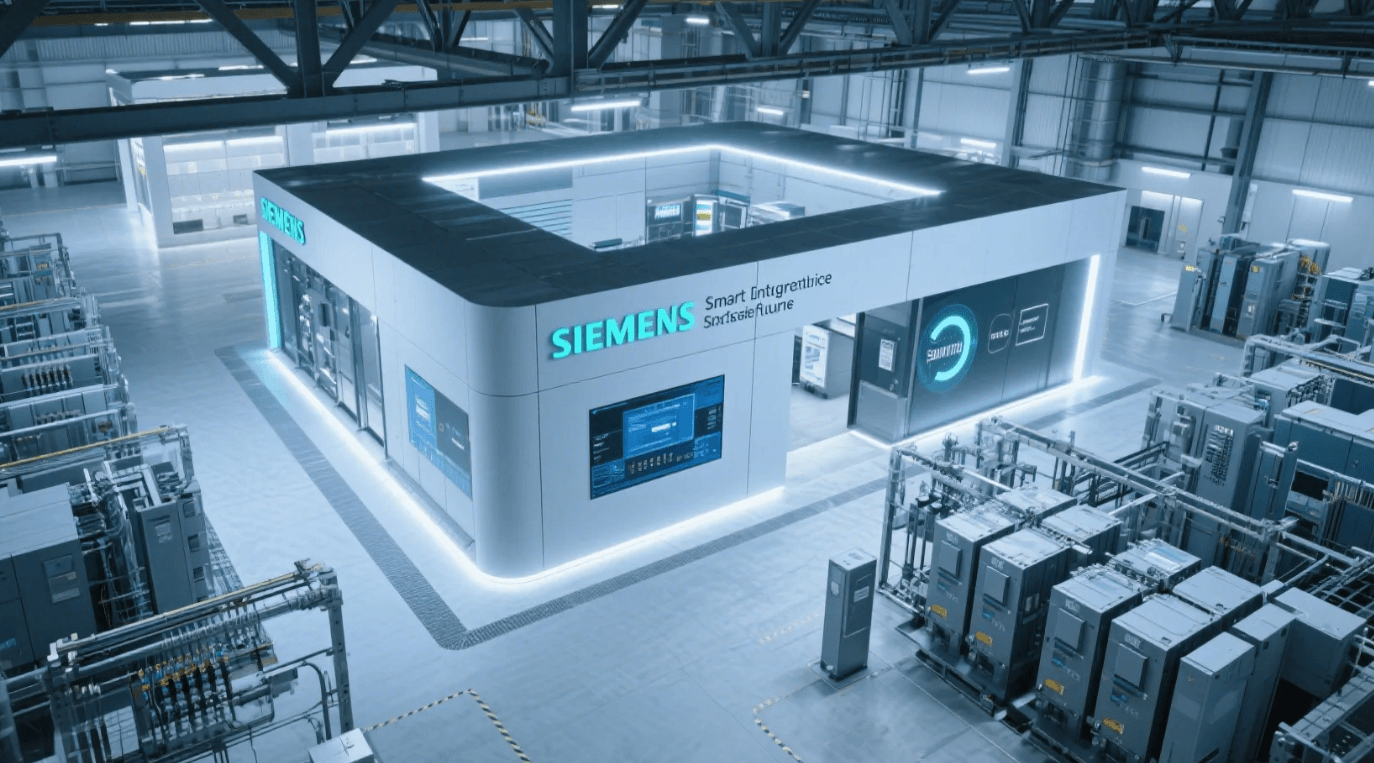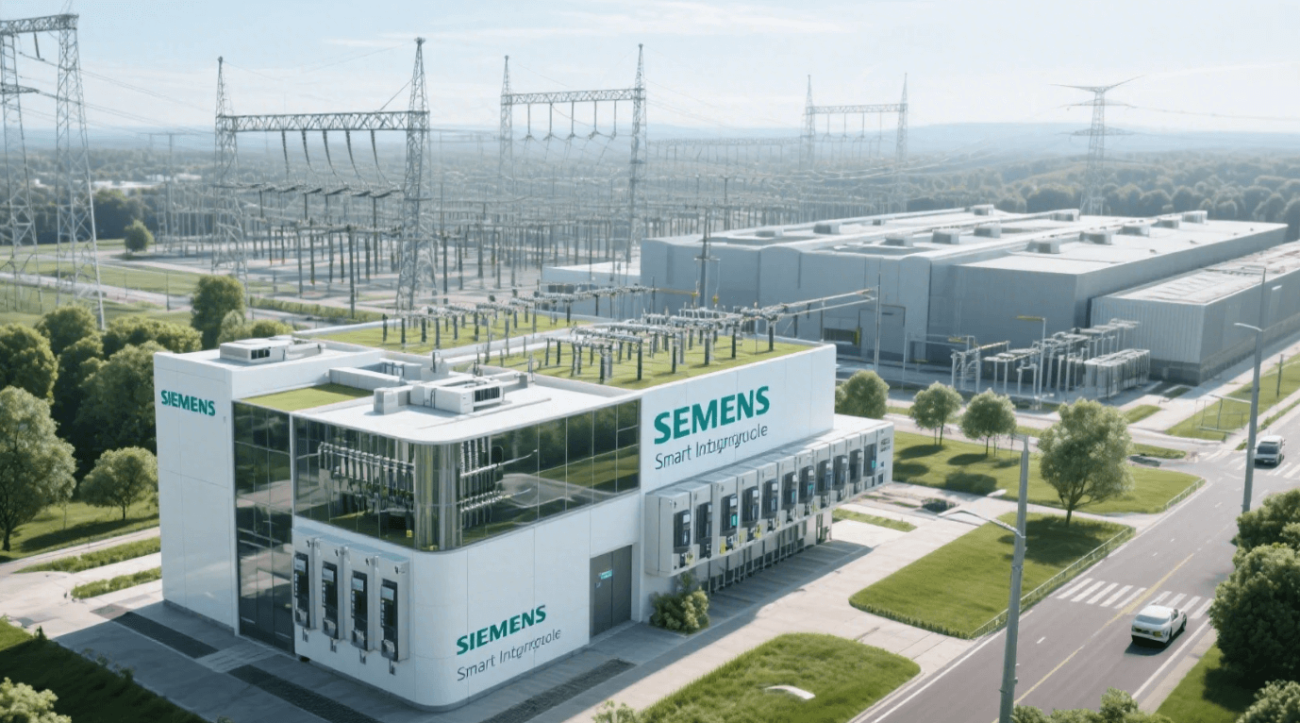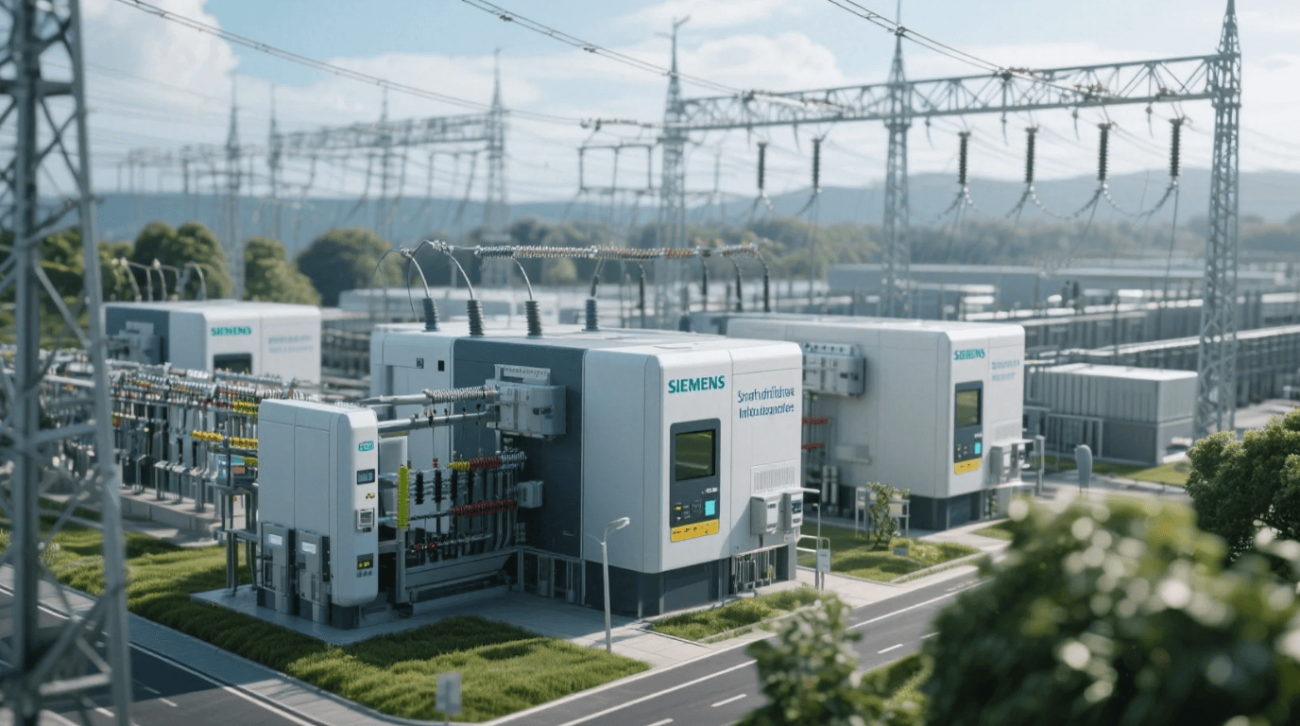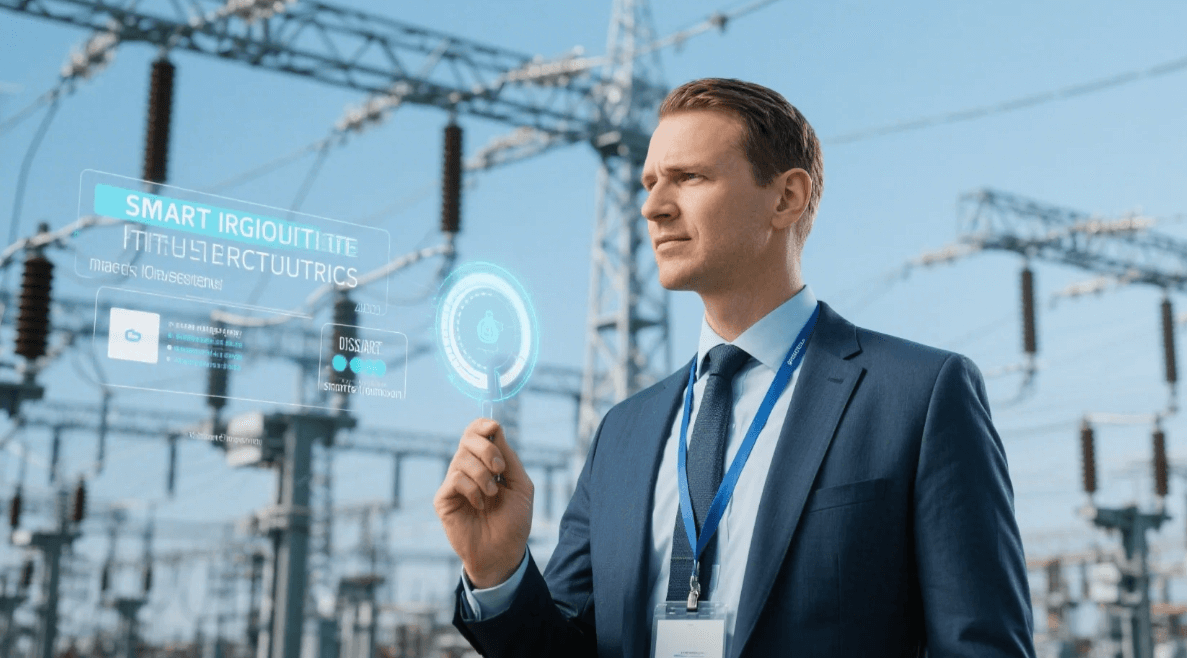シーメンスのスマートインフラ電気産業の未来に力を与える

Introduction: The Rise of Smart Infrastructure
The world is rapidly evolving with increasing urbanization, digitalization, and sustainability goals. At the heart of this transformation is Smart Infrastructure, especially in the electrical industry where efficiency, adaptability, and intelligence are becoming non-negotiable. Siemens, a global leader in industrial technology, is at the forefront of this shift.
What is Smart Infrastructure?
Smart Infrastructure refers to intelligent systems that connect energy systems, buildings, and industries to improve efficiency, sustainability, and user experience. Siemens leverages IoT, AI, and data analytics to optimize resource consumption and enable predictive maintenance across electrical networks.
Siemens’ Vision for Smart Infrastructure

At its core, Siemens aims to create environments that intuitively respond to users’ needs. This includes:
- Seamless integration of energy production and consumption
- Sustainable and modular grid systems
- Enhanced resilience and reliability for electrical enterprises
Key Advantages of Siemens Smart Infrastructure
1. Enhanced Energy Efficiency
Siemens uses AI-driven systems to monitor and optimize energy use. By adapting consumption patterns and reducing waste, electrical companies can significantly cut costs and emissions.
2. Predictive Maintenance and Reduced Downtime
With real-time monitoring and diagnostics, faults are detected early, preventing costly outages. This capability is vital for electrical firms where reliability is critical.
3. Scalable and Modular Solutions
Siemens solutions are designed to scale with business growth, making them ideal for SMEs and large enterprises alike.
Impact on the Electrical Industry

Revolutionizing Grid Management
Siemens’ digital twin technologies and smart grids empower energy providers to manage supply and demand with precision. Dynamic load balancing, integration of renewables, and fault isolation have become more seamless than ever.
Real-World Implementation
Projects across Europe, the U.S., and Asia demonstrate how Siemens has enabled electrical firms to boost operational efficiency by up to 30% while meeting sustainability targets.
Driving Sustainability Through Innovation
Smart Infrastructure is integral to achieving global decarbonization goals. Siemens integrates renewable sources, enhances grid flexibility, and supports circular economy models.
Aligning with ESG Goals
Siemens ensures all solutions comply with modern environmental and social standards, boosting reputations and attracting ESG-focused investors.
Challenges Addressed by Siemens Smart Infrastructure

Tackling Urban Energy Demands
As cities grow denser, so does the demand for reliable electricity. Siemens’ smart systems are built to manage high loads efficiently.
Managing Distributed Energy Resources (DERs)
Siemens empowers utilities to manage decentralized power generation—solar, wind, and batteries—through smart inverters and centralized monitoring platforms.
Looking Ahead: The Future of Smart Infrastructure
Integration with AI and Blockchain
Siemens continues to innovate, exploring blockchain for secure energy transactions and deeper AI for automated decision-making in grids.
Enhanced Cybersecurity Protocols
Protecting infrastructure from cyber threats is paramount. Siemens incorporates multi-layer security and continuous threat monitoring.
Why Electrical Enterprises Should Invest Now
Competitive Edge and Innovation
投資 Smart Infrastructure means staying ahead in a tech-driven market. Siemens solutions future-proof businesses for years to come.
規制遵守
With increasing governmental pressure on sustainability, Siemens systems help firms meet regulations without compromising productivity.
Conclusion: A Smart Investment in the Future
ジーメンス Smart Infrastructure is more than just a technological upgrade—it’s a strategic enabler for the future. For electrical companies aiming to thrive in a competitive, sustainable, and digital-first world, the time to invest is now.
よくある質問
1. What industries benefit most from Siemens Smart Infrastructure?
Primarily the electrical, utilities, manufacturing, and construction sectors.
2. How does Smart Infrastructure enhance grid resilience?
Through predictive analytics and real-time response systems.
3. Is Smart Infrastructure suitable for small electrical businesses?
Yes, Siemens offers modular and scalable solutions.
4. Can Siemens systems integrate with existing infrastructure?
Absolutely, they are designed for compatibility and smooth transition.
5. What’s the ROI on investing in Smart Infrastructure?
Clients often report operational cost reductions and energy savings of up to 30% within the first two years.



